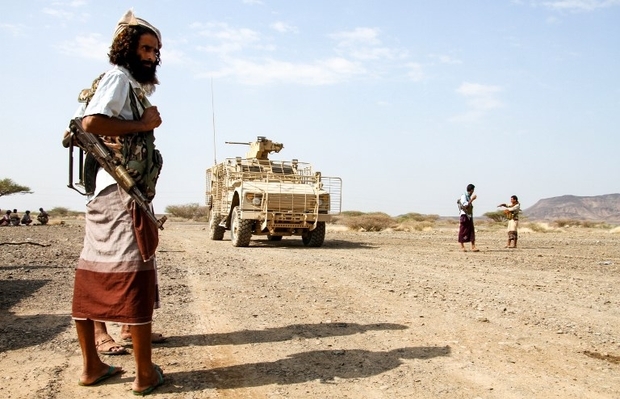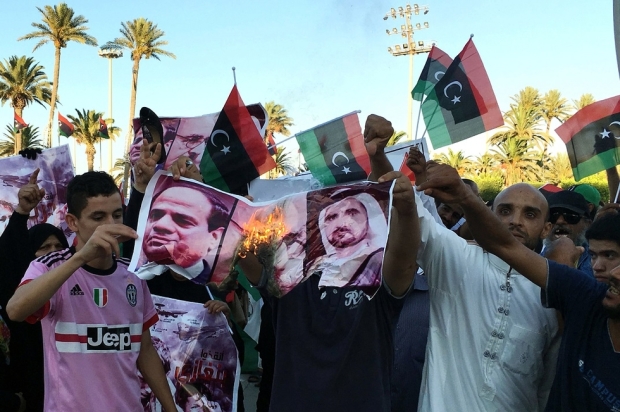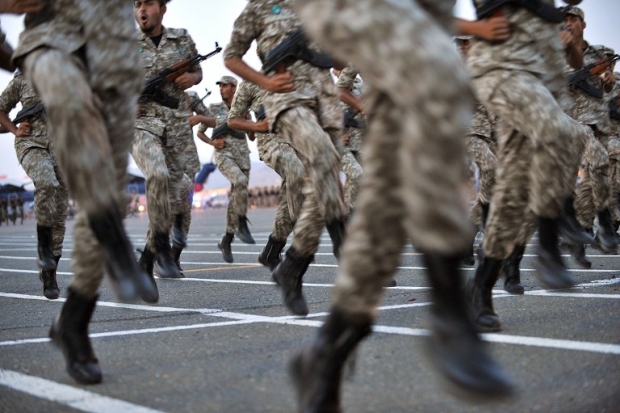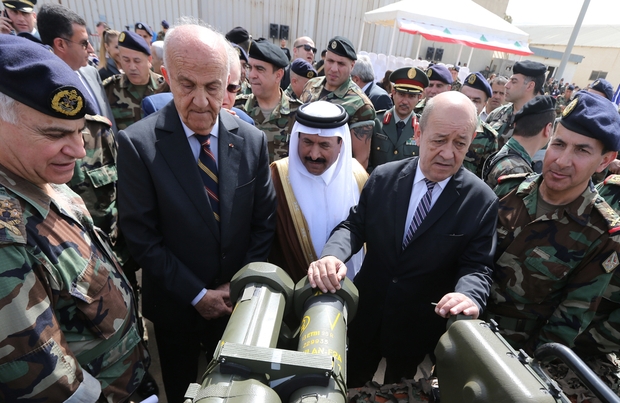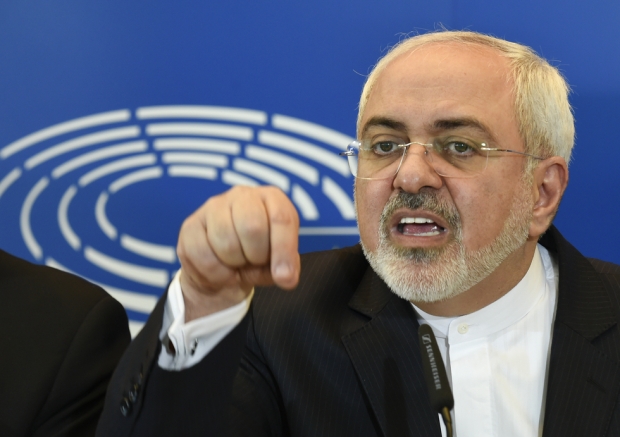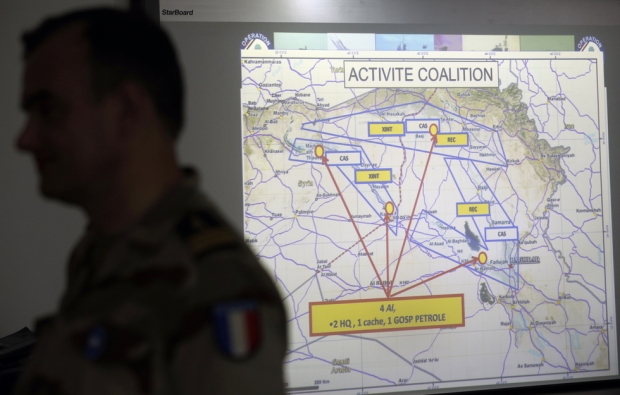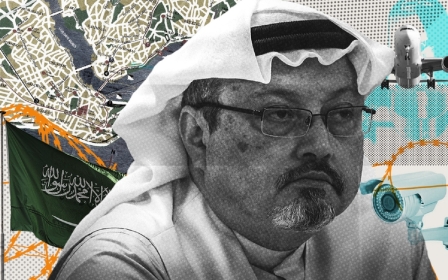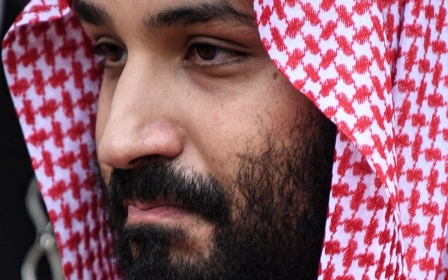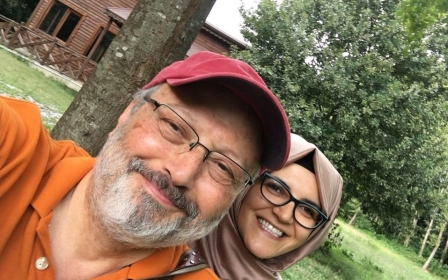Jamal Khashoggi: The columns he wrote anonymously for Middle East Eye
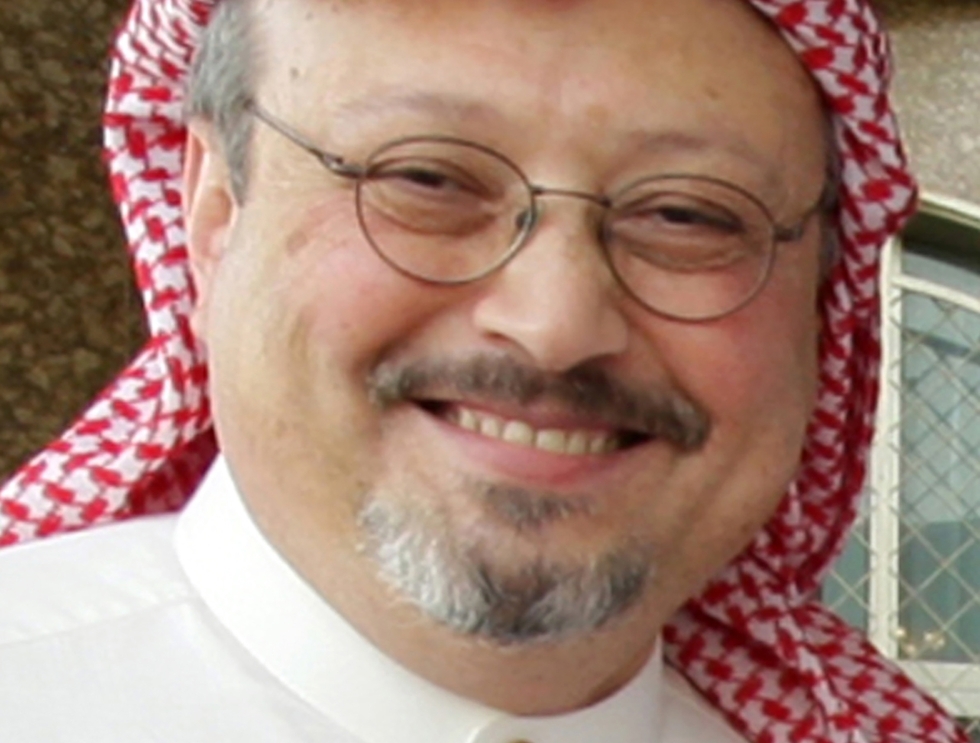
Over the past two years, Saudi journalist and intellectual Jamal Khashoggi wrote several opinion pieces for Middle East Eye that were critical of the leadership in Riyadh.
Like many critics of Saudi Arabia he feared for his life and so, in keeping with MEE policy, we used the byline "MEE correspondent" on these articles. This is something we have had to do for many other writers and it is something we will sadly be forced to do in the future.
On 2 October, Khashoggi entered the Saudi consulate in Istanbul and vanished. For two weeks, Saudi officials maintained that he had left the building soon after his appointment. Meanwhile, Turkish officials - anonymously and without evidence - leaked what they said were details of Khashoggi's killing inside the building.
Late on Friday, 17 days after Khashoggi disappeared, the authorities in Saudi Arabia finally said that its officials killed him. First, they alleged that this happened accidentally during a fight; then they admitted on Sunday that he had been murdered. Khashoggi's body has yet to be found.
In a memoriam to his work, we have now changed the bylines on the articles he wrote on topics ranging from Saudi's role in the war in Yemen to the Gulf rift with Qatar.
They join several earlier pieces he wrote for us in 2016 that were written in his name, before Saudi authorities banned him from writing and tweeting, an action which eventually pushed Khashoggi to live in self-imposed exile in Washington, DC.
'How Saudi Arabia trapped itself in Yemen'
Published: 16 August 2017
"Only then might the inscrutable Saudi equation become solvable with the following modifications: allow the Houthis to win, eliminate Al-Islah and let Yemen’s stability and Saudi Arabia’s long-term security go to hell."
'Will the heavens smile on Saudi when it defeats Qatar?'
Published: 1 August 2017
'Saudi Arabia's armed forces: This time it's reform, not a power grab'
Published: 28 July 2017
"In addition, there is an even greater need to re-examine the justification for the existence of every armed unit and the role allotted to it. A lot of these units carry out repetitive actions that often overlap with the others."
'What does Saudi Arabia want from Lebanon?'
Published: 24 March, 2016
"- Lebanese: 'Do not abandon us to fall completely into the hands of Iran.'
"- Saudi: 'Do not allow Hezbollah, Iran's proxy in the Arab region, to carry out its aggression against Lebanon and the Arab world'."
'For the sake of peace, get out of Syria'
Published: 19 February 2016
'East Syria vs west Syria'
Published: 9 February 2016
"By sending troops, Riyadh would be countering the American allegations that it's not doing enough to fight Daesh. It may also push the Americans to join the Saudis there, which might also encourage several reluctant countries such as Jordan and Egypt to take part."
New MEE newsletter: Jerusalem Dispatch
Sign up to get the latest insights and analysis on Israel-Palestine, alongside Turkey Unpacked and other MEE newsletters
Middle East Eye delivers independent and unrivalled coverage and analysis of the Middle East, North Africa and beyond. To learn more about republishing this content and the associated fees, please fill out this form. More about MEE can be found here.


